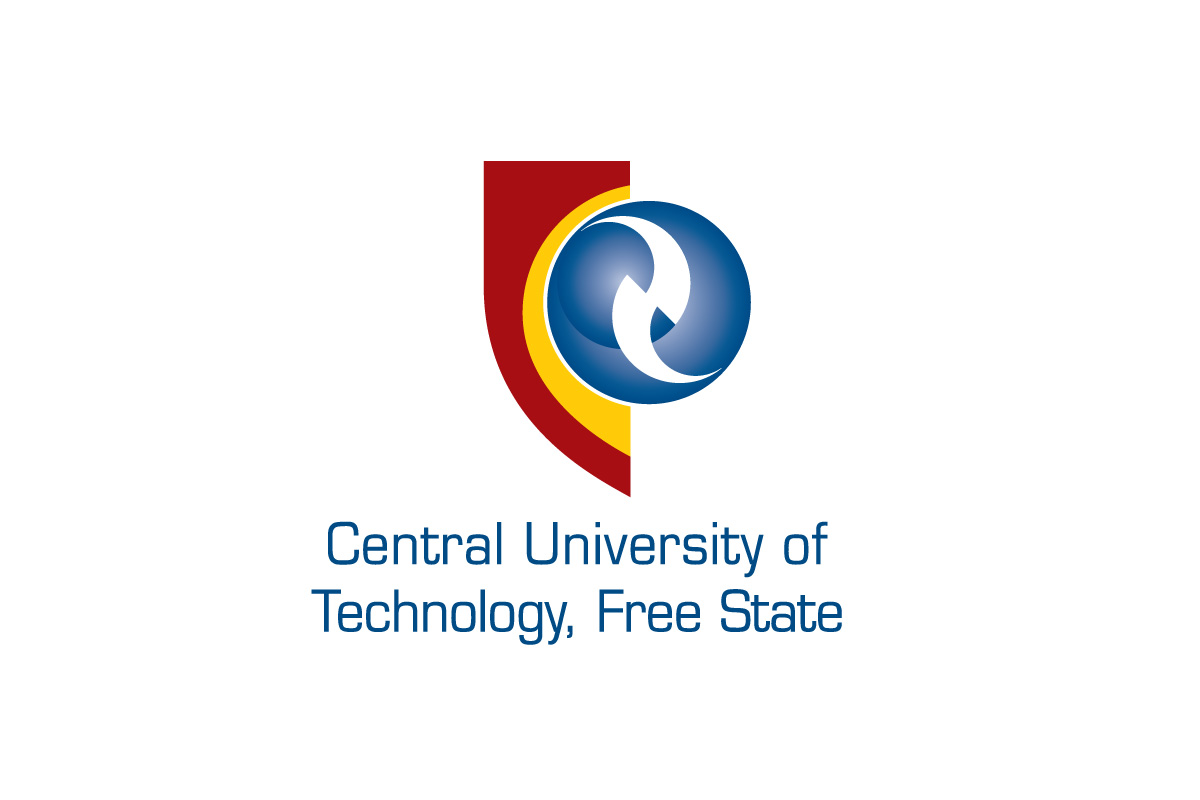
Bloemfontein
CUT is the foremost higher education institution in the heartland of South Africa. The university has two campuses – one in Bloemfontein, the judicial capital of South Africa, and one in Welkom, in the heart of the Free State goldfields. The two campuses offer education opportunities in a number of technological fields, including science, technology, engineering and mathematics (STEM); management sciences; humanities; and education. The university (then still known as the “Technikon Free State”) opened its doors in 1981, with 285 students enrolled in mainly secretarial, art and design programmes. Today, the institution boasts more than 21 000 students who have decided to make CUT their academic partner in earning a qualification and gaining appropriate work-integrated learning to equip and prepare them for professional practice. With the restructuring of the higher education landscape in 2004, CUT embraced its new status as a university of technology (UoT), positioning itself to succeed as such. The qualifications on offer reside in four faculties, namely Faculty of Health and Environmental Sciences; Faculty of Humanities; Faculty of Engineering, Built Environment and Information Technology (IT); and Faculty of Management Sciences. The university offers certificates and diplomas at undergraduate level, as well as advanced diplomas, postgraduate diplomas at honours level, and master’s and doctoral degrees in order to increase the production of world-class postgraduate programmes and high-quality outputs for research. CUT’s vision is to be “a leading African University of Technology, shaping the future through innovation.” The notion of CUT as a leading African University of Technology should be seen against the background of the University’s aspiration to be socially relevant and to have a positive impact on the socio-economic conditions of the community it serves. To be a leading African UoT is to recognise the location of the University geographically but also, more importantly, to recognise its location within the matrix of social and economic challenges that the continent faces. It talks to indigenous knowledge, a de-colonised curriculum, and distinctively
School Director: Madam Justice Mahube Molemela
Population: 21000
Population of Teaching Staff: